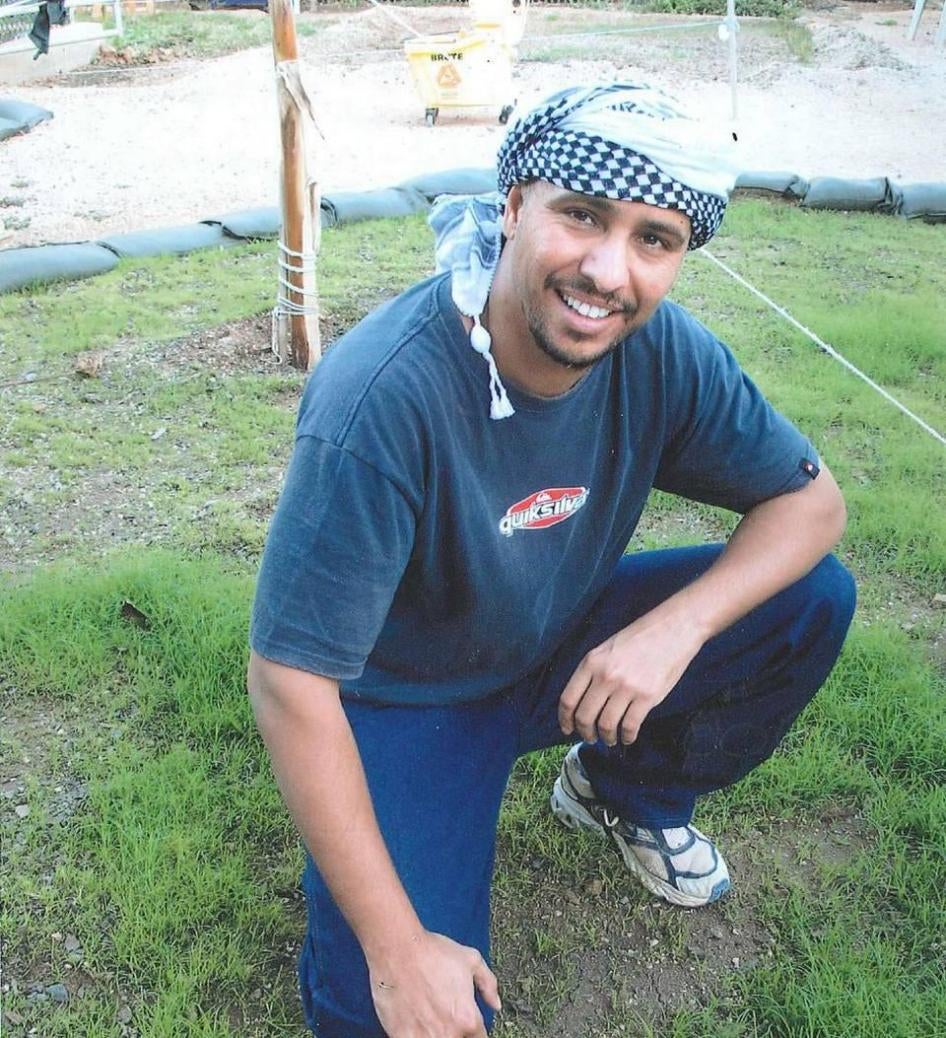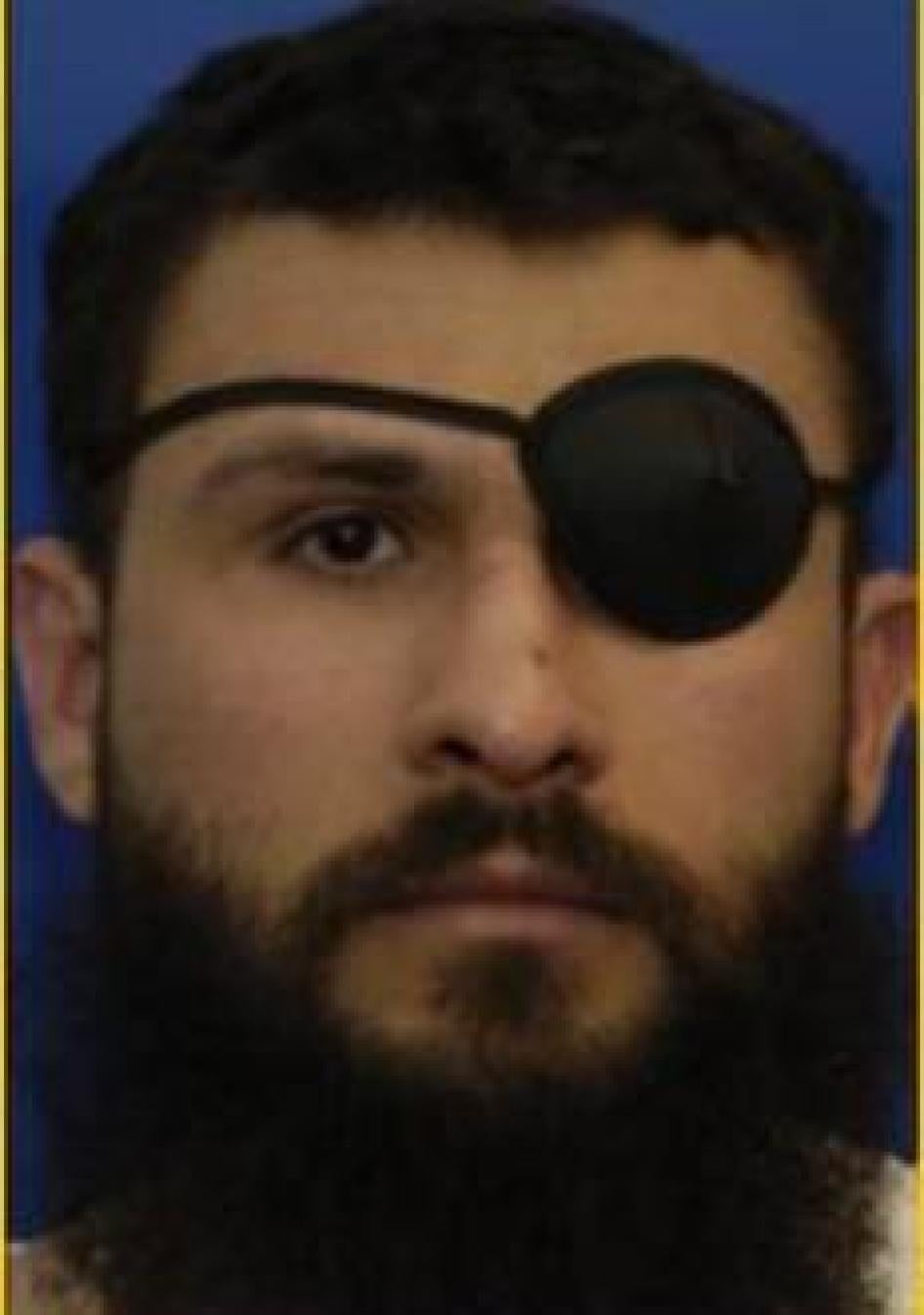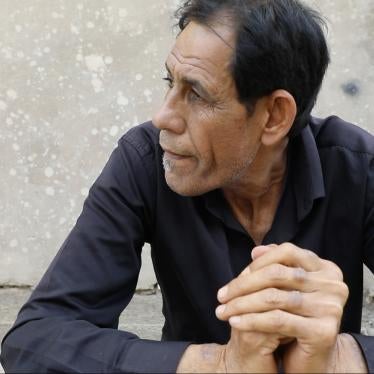Reminders of the moral blight that is Guantanamo are never far off, it seems. Today, detainee Mohamedeou Ould Slahi, author of the bestselling Guantanamo Diary, had a hearing to determine whether he can be released, while Abu Zubaydah, the Central Intelligence Agency’s first “enhanced interrogation” detainee, had been expected to testify as a witness in a Guantanamo military commission case.
Slahi, like so many other Guantanamo detainees, has been unlawfully held for nearly 14 years. But he also managed, after his lawyers fought for years for the manuscript’s release, to get his Guantanamo memoir published. The book received rave reviews and has been described as vivid, harrowing, often humorous. The US intended to press charges against Slahi but a military prosecutor refused after learning Slahi’s incriminating statements had been obtained through torture.
Shahi is one of 55 detainees still at Guantanamo who should have had their Periodic Review Board (PRB) hearing years ago. All detainees not yet charged or cleared for release were supposed to get a PRB hearing within a year of Executive Order 13567, issued in 2011. But the first hearing wasn’t held until November 2013. Finally, beginning this year, the administration began scheduling hearings in earnest, announcing 24 of them since January – more than the combined total of the past two years, and holding 10. Though it is good that the pace of PRBs has been stepped up, US President Barack Obama should not have waited until the end of his term to jump-start the process. Of the 30 who have received PRB reviews, 23 have been cleared. The remaining seven are supposed to get second reviews within six months of their denial.
Abu Zubaydah was described by one of his American interrogators as a symbol of “where we went wrong as a nation.” A scathing Senate Intelligence Committee summary of a report about the CIA program described in graphic detail Zubaydah’s torture; it concluded that no useful intelligence was obtained as a result. Worried by the prospect he might die, the CIA suggested cremating his body; if he lived, because of the “psychological pressure techniques” they planned to use on him, the CIA sought assurances that Zubaydah would be kept “incommunicado for the remainder of his life.”
Despite the report, the US continues to block Zubaydah from releasing further details about his torture. This helps to explain why his potential testimony, though ultimately postponed, made news. Like Slahi, Abu Zubaydah has never been charged with a crime. Why both have languished so long in detention without charge or trial is a question that the United States will never be able to satisfactorily answer.









